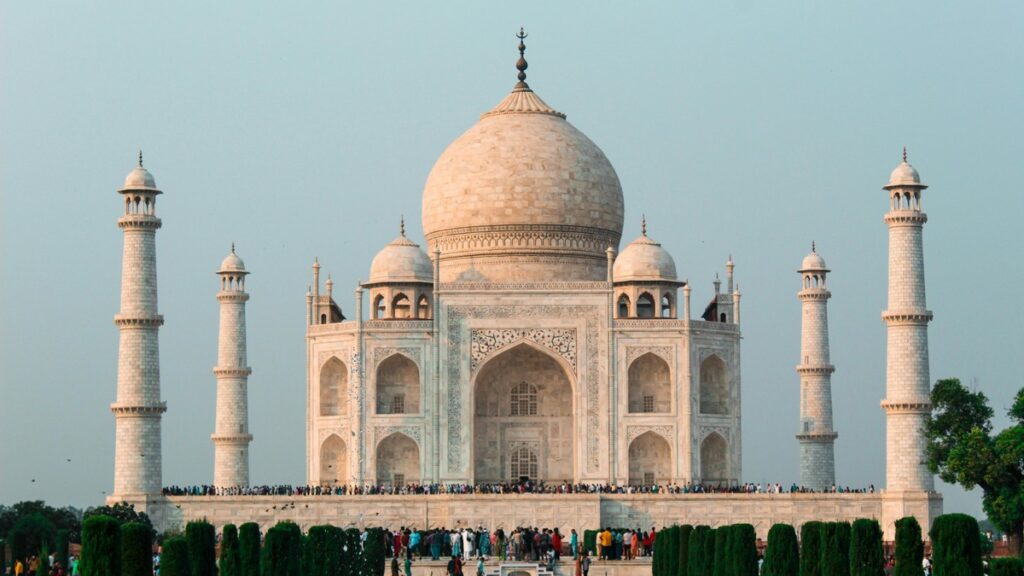
India enchants travelers with its rich cultural heritage, iconic landmarks like the Taj Mahal, and vibrant traditions. From the bustling cities to the serene backwaters of Kerala, it promises unforgettable experiences for tourists, business travelers, and culture enthusiasts alike. Ensuring the right travel authorization is essential for a hassle-free visit.
The Indian government offers convenient options, including the eVisa, an electronic travel authorization for eligible visitors. With proper documentation, you can focus on exploring India’s wonders without worrying about entry requirements. Start your journey with ease and immerse yourself in the country’s extraordinary charm.
Understanding India Entry Requirements
India’s entry requirements depend on your nationality, purpose of visit, and intended length of stay. Travelers must carry a valid passport with at least six months of validity from the date of arrival in India. Depending on the nature of your trip, you may also need additional documentation, such as proof of accommodation, sufficient funds, or onward travel plans.
For eligible travelers, the India eVisa is a convenient option that simplifies the authorization process. Understanding the requirements and securing the correct visa ensures a hassle-free beginning to your journey across this mesmerizing country.
Types of Travel Authorizations for India
India eVisa
The India eVisa is an efficient and accessible option for short-term travelers visiting for tourism, business, medical purposes, or family visits. Designed to make the visa process seamless, this electronic authorization eliminates the need for embassy visits for eligible travelers.
- Convenient Online Process: Complete your application online by providing essential personal and travel information.
- Quick Approval: Approved eVisas are electronically linked to your passport, allowing easy verification upon arrival.
- Multiple Categories: The eVisa is available in different types, including Tourist eVisa, Business eVisa, and Medical eVisa, with varying durations of stay.
- Flexible Validity: Depending on the eVisa type, travelers can enjoy stays ranging from 30 days to one year, with single or multiple entry options.
Traditional India Visa
For travelers ineligible for the eVisa or planning extended stays, work, study, or specialized activities, a traditional visa is required. India offers a variety of visa categories tailored to specific travel needs:
- Tourist Visa: Perfect for leisure travelers exploring India’s cultural and natural wonders.
- Business Visa: For professionals attending conferences, meetings, or pursuing commercial activities in India.
- Work Visa: Required for individuals employed by Indian organizations or businesses.
- Student Visa: For those enrolled in academic or training programs within the country.
- Medical Visa: For patients seeking medical treatment in India.
- Transit Visa: For short-term visitors transiting through India to another destination.
Who Needs an India eVisa vs. a Traditional Visa?
Your choice of visa depends on your nationality, the purpose of your visit, and the duration of your stay. The eVisa is an excellent choice for eligible travelers visiting India for short-term purposes, including tourism or business. However, travelers from non-eligible countries or those with plans to stay longer, work, or study must apply for a traditional visa.
Importance of Choosing the Right Authorization
Selecting the correct visa type is crucial to avoiding delays, extra costs, or entry complications. Applying for the wrong visa can cause setbacks or denial of entry. Understanding the differences between the India eVisa and traditional visas helps align your application with travel plans, ensuring a smooth and seamless arrival.
India offers unforgettable experiences, from breathtaking landscapes to profound spiritual heritage. With proper documentation, you can focus on exploring this extraordinary country and creating lasting memories.

